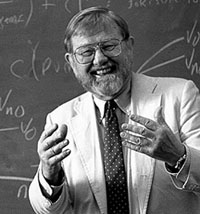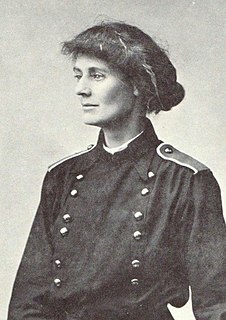A Quote by Chiang Kai-shek
Government acquisition of food supplies in time of war is no less important than conscription. Equity is the fundamental principle applicable to both these essential phases of war administration.
Related Quotes
The World War I, I'm a child of World War I. And I really know about the children of war. Because both my parents were both badly damaged by the war. My father, physically, and both mentally and emotionally. So, I know exactly what it's like to be brought up in an atmosphere of a continual harping on the war.
I am not sure that I know enough about the pre-history of 9/11 to agree or disagree. But I did think at the time that the [George W.] Bush administration took a number of cues from the Israeli government, not only by drawing on and intensifying anti-Arab racism, but by insisting that the attack on US government and financial buildings was an attack on "democracy" and by invoking "security at all costs" to wage war without a clear focus (why the Taliban?), and by suspending both constitutional rights and the regular protocol for congressional approval for declaring war.
What is a war criminal? Was not war itself a crime against God and humanity, and, therefore, were not all those who sanctioned, engineered, and conducted wars, war criminals? War criminals are not confined to the Axis Powers alone. Roosevelt and Churchill are no less war criminals than Hitler and Mussolini. England, America and Russia have all of them got their hands dyed more or less red - not merely Germany and Japan.
Wicksell's old-fashioned liberalism is reminiscent of John Maynard Keynes' attitude toward conscription during World War I. Keynes opposed conscription, but he was not a pacifist. He opposed conscription because it deprived the citizen of the right to decide for himself whether or not to join in the fight. Keynes was exempt as a civil servant from conscription; so there is no need to question his sincerity. Apparently his belief in the rights of the individual against a majority of his compatriots was very strong indeed.
The principle of compulsory service, embodied in the system of conscription, lias been the means by which modem dictators and military gangs have shackled their people after a coup d'état, and bound them to their own aggressive purposes. In view of the great service that conscription has rendered to tyranny and war, it is fundamentally shortsighted for any liberty-loving and peace-desiring peoples to maintain it as an imagined safeguard, lest they become the victims of the monster they have helped to preserve.
When you say that after World War I there was a pandemic that killed more people than the war itself, most will say: "Wait, are you kidding? I know World War I, but there was no World War 1.5, was there?" But people were traveling around after the war, and that meant the force of infection was much higher. And the problem is that the rate of travel back then was dramatically less than what we have nowadays.
If the World War [I] demonstrated anything it was that government ownership is fraught with the gravest dangers and usually leads to disaster. Take Britain. The two problems which have caused the greatest trouble since the war ended have been transportation and coal. The government seized both industries when the war broke out. It got them into such a hopeless mess that it does not know how to turn [In] coal; the government now realizes, it took hold of the tail of a wild animal and is afraid to let go.
The intelligence community is so vast that more people have top secret clearance than live in Washington. The U.S. will spend more on the war in Afghanistan this year, adjusting for inflation, than we spent on the Revolutionary War, the War of 1812, the Mexican-American War, the Civil War and the Spanish-American War combined.





































